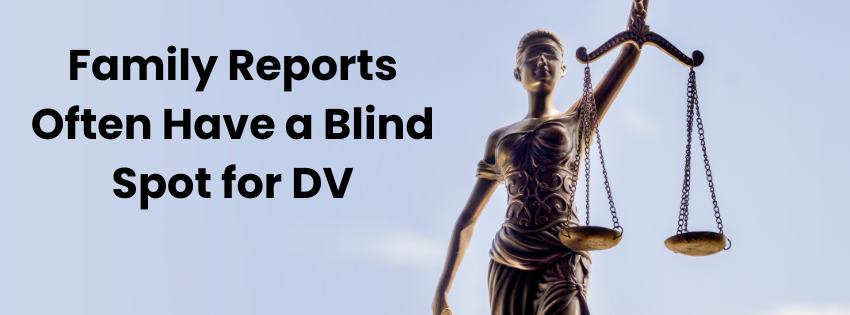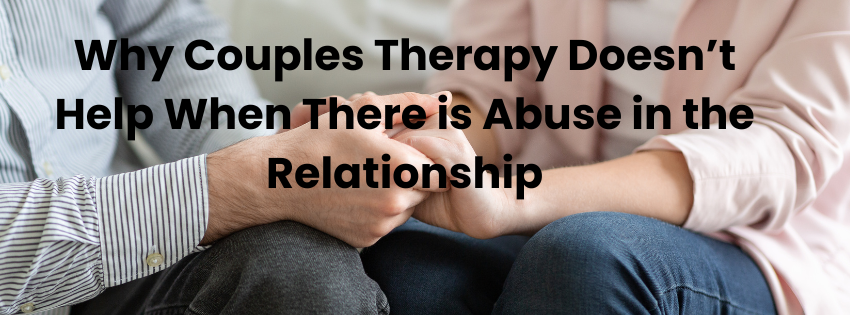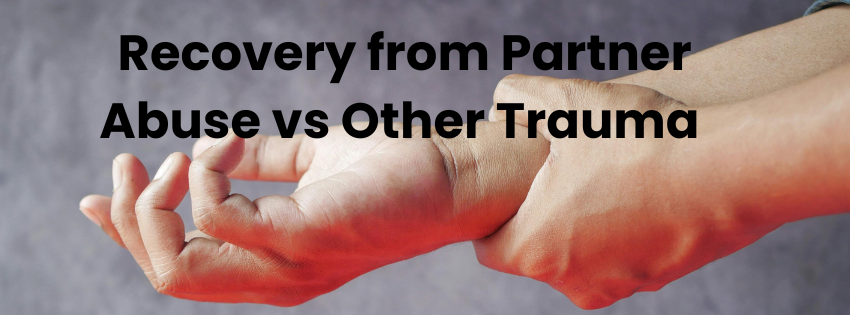In my practice, I frequently work with mothers who find themselves in the family court…

How Can You Tell if They Are Truly Changing or Just Showing Short-Lived Remorse?
One of the most common questions my clients have when they recognise their partner is being emotionally abusive towards them, is “Can he change?” and “How do I know if what he is doing/saying is permanent and not just temporary?”.
My answer to this is: fundamental changes in personality and reactivity are difficult, take a long time, and require a lot of intentional self-development, effort and self-awareness. They do not occur spontaneously and require long-term commitment and work that is geared specifically towards eradicating abusive patterns.
Most importantly, an absolute requirement for such change to even be considered possible is that a person has accountability over their actions and is able to take full responsibility for what they have done. If this is not present, no amount of couples or individual therapy will miraculously change them or make the abusive attitudes and behaviours stop. An important point to make: an apology or a promise to change is not A Change, nor is a week or two of good behaviour a sign of true change. In fact, short-term good behaviour and acts of kindness are a part of the pattern of abusive relationships and typically represent a short-lived stage of remorse or just another turn of the wheel before the bad behaviours start again. These moments give the victim hope and they so strongly want to hold on to it that they keep referring back to these few days even when things revert back to the abuse and coercive control.
Below is a list from Lundy Bancroft’s excellent and highly informative book “Why Does He Do That” which highlights the signs of true change. You can use it as a guide to help you identify changes that show promise of being genuine. We are looking for “yes” answers to these questions:
- Has he learned to treat your opinions with respect, even when they differ strongly from his? Yes / No
- Is he accepting your right to express anger to him, especially when it involves his history of mistreating you? Yes / No
- Is he respecting your right to freedom and independence? Does that include stopping all his interference with your friendships and giving up the demand to always know where you are and whom you are with? Yes / No
- Has he stopped making excuses for his treatment of you, including not using your behavior as an excuse for his? Yes / No
- Is he being respectful about sex, applying no pressure and engaging in no guilt trips? Yes / No
- Has he stopped cheating or flirting with other women, or using other behaviours that keep you anxious that he will stray? Yes / No
- Does he listen to your side in arguments without interrupting, and then make a serious effort to respond thoughtfully to your points, even if he doesn’t like them? Yes / No
- Have you been free to raise your grievances, new or old, without retaliation from him? Yes / No
- Has he stopped talking about his abuse as if it were an accident and begun to acknowledge that he used it to control you? Yes / No
- Is he actually responding to your grievances and doing something about them (for example, changing the way he behaves toward your children)? Yes / No
- Has he greatly reduced or stopped his use of controlling behaviours (such as sarcasm, rolling his eyes, loud disgusted sighs, talking over you, using the voice of ultimate authority, and other demonstrations of disrespect or superiority) during conversations and arguments? Yes / No
- When he does slip back into controlling behaviour, does he take you seriously when you complain about it and keep working on improving? Yes / No
- Is he being consistent and responsible in his behaviour, taking into account how his actions affect you without having to be constantly reminded? Yes / No
- Is he behaving in a noticeably less demanding, selfish, and self-centred way? Yes / No
- Is he being fair and responsible about money, including allowing you to keep your own assets in your own name? Yes / No
- Has he stopped any behaviours that you find threatening or intimidating? Yes / No
- Has he significantly expanded his contribution to household and child-rearing responsibilities and stopped taking your domestic work for granted or treating you like a servant? Yes / No
- Has he begun supporting your strengths rather than striving to undermine them? Yes / No
- Have you had any major angry arguments with him in which he has shown a new willingness to behave non-abusively? Yes / No
Just because an abusive partner has enrolled or completed a behaviour-change program, started therapy or claim they are sorry and are a different person now, does not mean there is real change. Real change comes from a deep transformation in the way they see themself and others, and a permanent adoption of a totally different way of thinking and behaving.
Real change is rare, very hard to achieve, and most abusers never get there.


